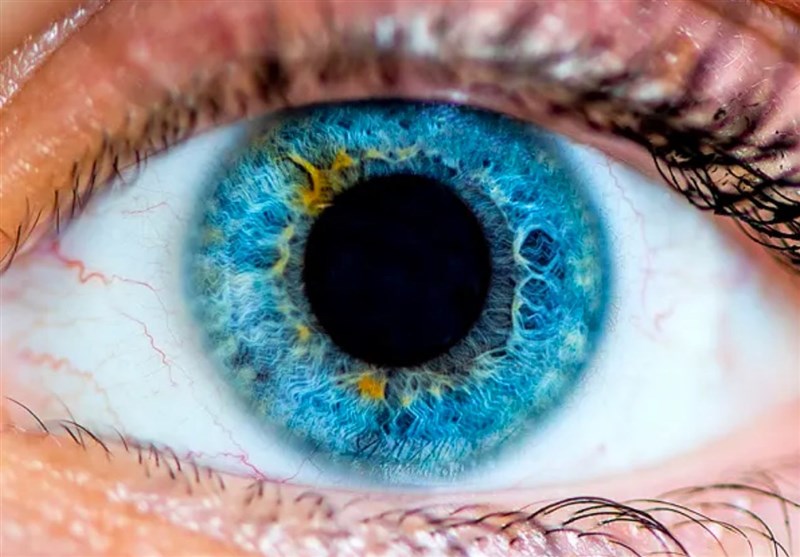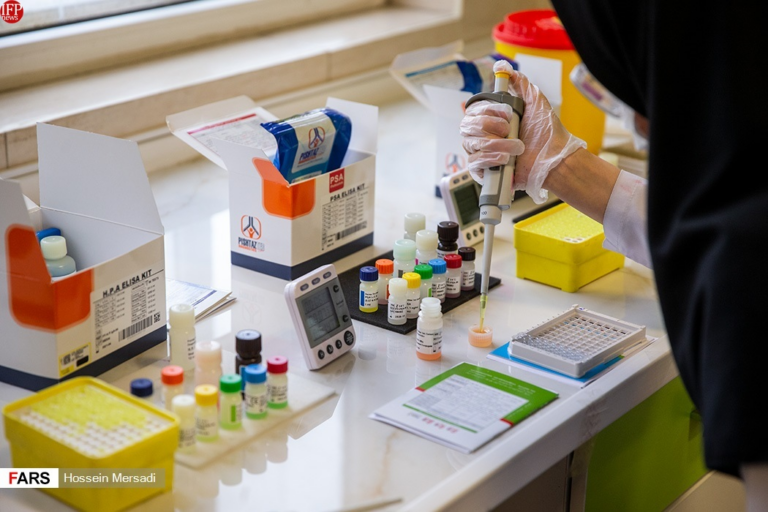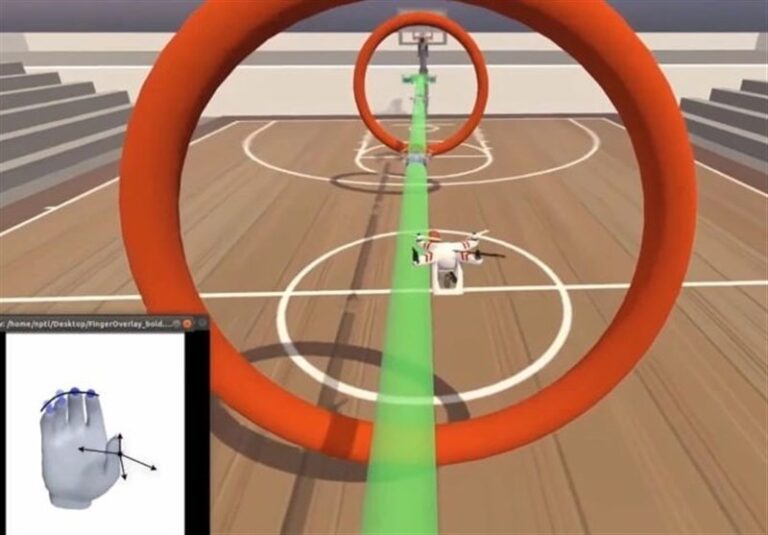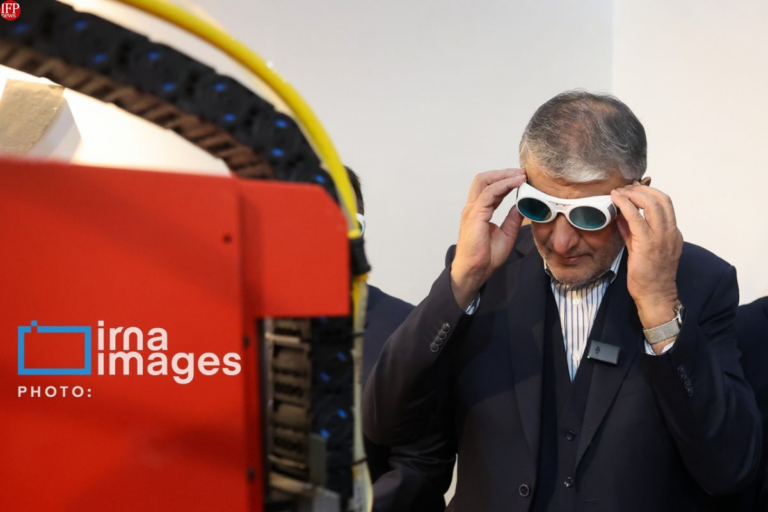
Similar Posts

Iranian Geneticist Unveils First-Ever Homegrown Saliva Collection Kits and Cutting-Edge DNA Testing Technology
Dr. Farid Ebn Rasouli, an Iranian geneticist, has developed Iran’s first domestically-produced saliva collection kits and a new generation of DNA testing focused on fitness and nutrition. His journey began in 2017, leading to the launch of the first DNA-based sports test in 2019. After overcoming challenges in sourcing saliva kits, he successfully produced them in 2022, receiving approval from the National Genetic Resources Center. The upcoming second-generation tests will analyze over 240 genetic traits, providing insights into dietary needs, physical performance, obesity risk, and more. Ebn Rasouli’s work enhances health management and positions Iran in global genetic research.

Revolutionary Brain Implant Empowers Paralyzed Man to Control Drone with His Mind!
A recent study by the University of Michigan has advanced brain-computer interface (BCI) technology, enabling a 69-year-old man with tetraplegia to control a virtual drone using just his thoughts. By imagining finger movements, he manipulated a drone through a complex obstacle course, showcasing the potential of BCI for enhancing independence in individuals with severe paralysis. The system, developed by Blackrock Neurotech, uses 192 electrodes to interpret neural signals through an advanced AI algorithm. This breakthrough offers hope for improved communication and mobility, although challenges such as extensive training and the need for consistent recalibration remain. Further research is essential for broader applications.

China Unveils Groundbreaking Spy Satellite Capable of Detecting Faces from 100 km!
Chinese scientists have developed a groundbreaking spy satellite system capable of capturing human facial details from 60 miles (100 kilometers) away, surpassing current surveillance technologies by about 100 times. Utilizing synthetic aperture lidar (SAL) and optical wavelengths, this innovative system provides clearer images compared to traditional radar. Initial tests showed the ability to detect details as small as 0.07 inches. While this advancement enhances military and intelligence capabilities, it raises ethical concerns about privacy and necessitates discussions on international regulations. The technology marks a pivotal moment in surveillance, highlighting the implications for global security and potential technological arms races.

Iran Showcases Groundbreaking Laser Innovations at Specialized Exhibition: Three New Achievements Unveiled!
The 5th Iran Laser, Photonics, and Quantum Specialized Exhibition has commenced at the Tehran International Exhibition Center, emphasizing Iran’s advancements in laser technology. Inaugurated by Vice President Mohammad Eslami, the event coincides with the National Day to Fight Global Arrogance, underscoring Iran’s resilience despite global challenges. The exhibition showcases innovations in medical, industrial, and communication lasers, highlighting their role in enhancing safety and environmental protection. Eslami stressed the need for collaboration between research institutions and industry to drive technological advancements. This event aims to foster knowledge sharing and innovation, reflecting Iran’s commitment to progress in science and technology.

Breakthrough Laser Eye Experiment Unveils ‘New’ Color: Scientists Make Stunning Discovery!
Researchers at UC Berkeley have induced a previously unperceived color, named “olo,” by targeting specific retinal cone cells with laser pulses. This groundbreaking experiment suggests that humans may not have experienced every possible color before. The study, which isolated stimulation to medium-wavelength-sensitive (M) cones, has drawn skepticism from some experts who argue it may simply be a more saturated green. Nonetheless, the findings could advance our understanding of color perception and have potential applications in color blindness and eye conditions like retinitis pigmentosa. However, the technology is not expected to be available for public use soon.
